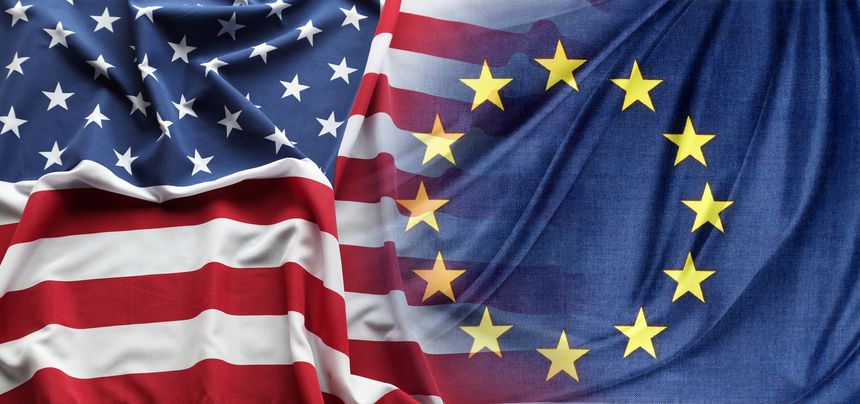The question of how antitrust enforcement should tackle the issue of big tech is nothing new. Previously, there was a visible divide in antitrust enforcement between the EU, openly tackling tech giants, and the USA, where the antitrust enforcement agencies appeared more reticent to intervene against big tech companies. 2020 seemed to herald a new convergence between EU and US antitrust enforcement against big tech, particularly with the changing public dialogue around tech companies in the US that has surrounded the US election race.
However, with the EU recently appearing to push forward towards even greater enforcement, are we seeing a renewed transatlantic divergence on big tech enforcement?
During the International Competition Network's virtual annual conference this week, EU Competition Commissioner Vestager set out two new reforms being considered by the European Commission, both designed to allow for more structural remedies to target big tech. One reform targets so-called "online gatekeepers" by imposing a blacklist of banned conduct, with the aim of creating simple instructions to regulate conduct of big tech companies. Such a blacklist could include forbidding suppliers from offering lower prices to rivals, or limiting the ability of platforms to use their main service to promote other services offered by the house. The second reform would allow EU antitrust enforcers to tackle markets where competition is stagnating or a single player is dominant.
By contrast, US DOJ Assistant Attorney General Makan Delrahim, who heads the Antitrust Division, stated that "the general concern we have in the US is about not creating a solution that might be worse than the problem itself." Although Delrahim recognised that US enforcers have previously been slow to act as big tech has expanded, he stated that he didn't think "we are there yet" in terms of needing new regulatory regimes to tackle big tech.
Nonetheless, regulators on both sides of the Atlantic are considering lowering or abandoning filing thresholds for merger control notifications , particularly where big tech is concerned.
It remains to be seen whether we can expect further transatlantic divergence on big tech antitrust enforcement, or if converging approaches will be developed.



/Passle/5badda5844de890788b571ce/SearchServiceImages/2026-02-13-15-42-31-096-698f466793629fb6669ad654.jpg)
/Passle/5badda5844de890788b571ce/SearchServiceImages/2026-02-13-08-33-03-708-698ee1bfaf5bf7dc43be7326.jpg)
/Passle/5badda5844de890788b571ce/SearchServiceImages/2026-02-05-13-55-08-021-6984a13cdb300c6e5a2287f0.jpg)
/Passle/5badda5844de890788b571ce/SearchServiceImages/2026-02-05-15-51-50-076-6984bc96420a490d88046455.jpg)